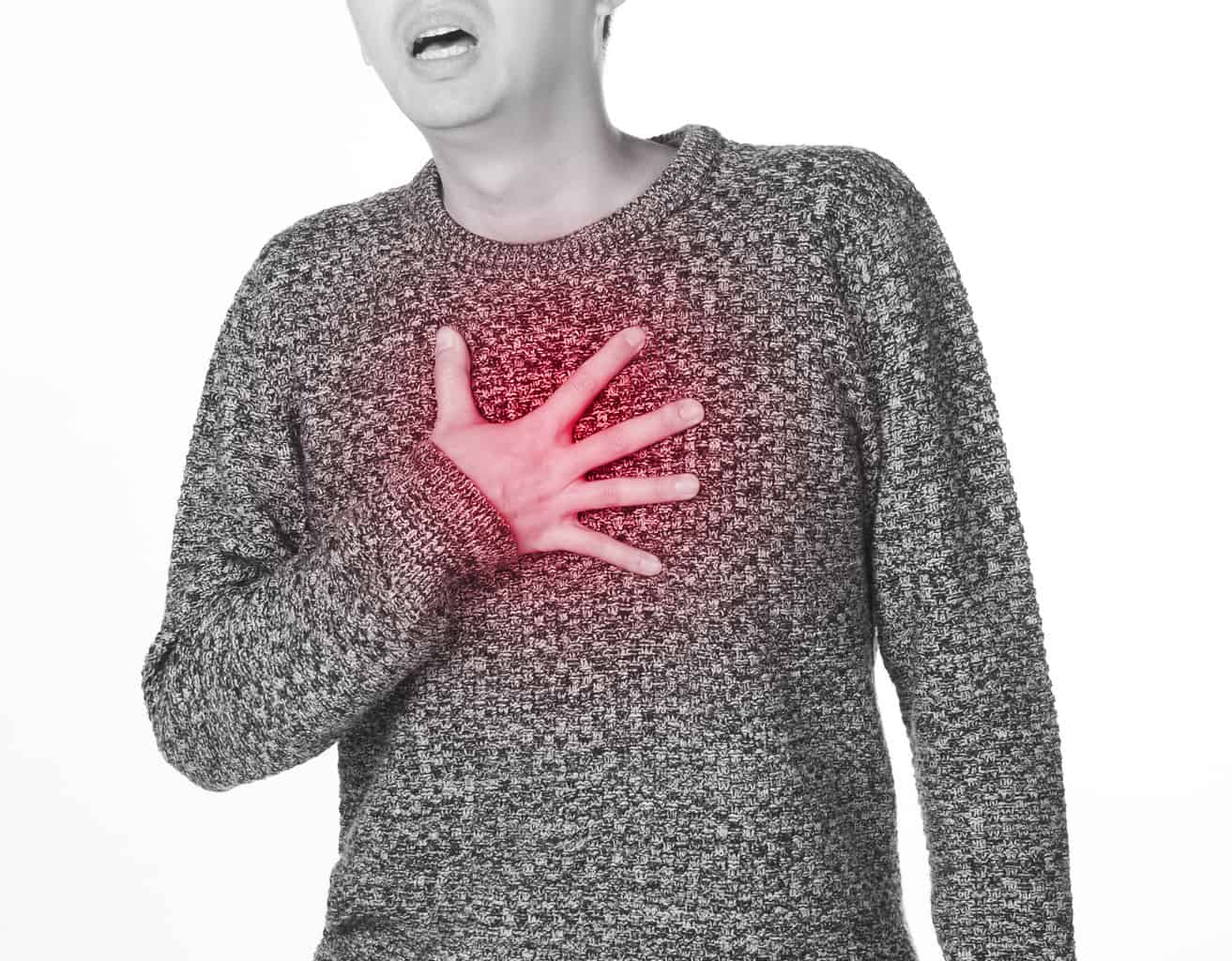
[cmamad id=”19511″ align=”center” tabid=”display-desktop” mobid=”display-desktop” stg=””]
Can this completely reverse hardening of the arteries and make heart attacks practically impossible?
—–Important Message—–
This took 20 years off my age…
Think of all the things you could do with those extra years…
Write that book you’ve always talked about… Go to France and learn to speak French… Play decent golf… Help kids in Africa… Meet a cute new girlfriend…

The possibilities are endless when you’re happy and healthy…
You’re not in a rush anymore…
You have decades and decades to do whatever you want.
Wow. Just wow.
I created this page to show you how to live to 120 and add decades of healthy, happy life.
—————–
Heart Docs Fearful – Plant “Makes Doctors Obsolete”
These days most people survive their first heart attack.
But one heart attack puts people at high risk of another one.
Scientists have been trying to figure out how to lower the risk of repeated heart attacks.
New research has uncovered some of the mechanisms.
Inflammation and plaque adhesion increase right after a heart attack.
And these two factors increase the risk of further heart attacks and stroke.
These scientists discovered that a plant compound could drastically lower inflammation and plaque after a first heart attack.

These scientists carried out their animal experiments at the Knight Cardiovascular Institute, Oregon Health & Science University and published their results in the Journal of the American College of Cardiology.
[cmamad id=”19512″ align=”center” tabid=”display-desktop” mobid=”display-desktop” stg=””]
The risk of heart attack (myocardial infarction) or stroke increases in the months after a heart attack.
“After acute myocardial infarction, the risk for acute atherothrombotic events in non-culprit arteries increases several-fold.”
Often, the cause of heart attack or stroke is found in a different blood vessel to where the original heart attack originated.
The researchers were interested in changes in inflammation in the lining of the blood vessels after a heart attack.
“We investigated whether sustained inflammatory and prothrombotic changes occur in blood vessels after a heart attack.”
The researchers induced experimental heart attacks in three different groups of mice.
One group of mice were the standard lab animals.
The other two groups were genetically modified to have atherosclerosis – a buildup of plaque inside the arteries.
The researchers gave half of the atherosclerotic mice a substance called apocynin after the medically induced heart attack.
They used a number of medical imaging techniques to assess the changes in the blood vessels of the animals over the next three weeks.
Imaging showed a massive increase in cellular adhesion proteins after a heart attack.
These proteins can cause an increase in plaque in the blood vessels.
“Three cellular adhesion proteins and blood platelets increased several-fold – three days after myocardial infarction.”
Apocynin significantly reduced the amount of cellular adhesion proteins after a heart attack.
This could lead to significantly lower plaque buildup.
“In atherosclerotic and wild-type mice, apocynin significantly lowered the post-heart-attack increase in molecular targets.”
They sacrificed the animals at three weeks and examined their blood vessels under the microscope.
Microscopic examination showed a huge increase in inflammation after the induced heart attack in atherosclerotic mice.
“High-risk inflammatory features in aortic plaque increased in atherosclerotic mice 21 days after a heart attack.”
Apocynin completely reversed the inflammation in the blood vessels of the atherosclerotic mice.
“High-risk inflammatory features in aortic plaque were completely prevented by apocynin.”
Heart attacks increase inflammation and adhesion in the blood vessels.
“Heart attack causes up-regulation of endothelial inflammatory adhesion which is associated with accelerated plaque growth.”
Apocynin reduced the buildup of plaque by 50% and brought inflammation down to pre-heart-attack levels.
So what is apocynin?
Apocynin is an organic compound that is in a number of plants. It was first identified in 1883.
Before apocynin even had a name, people were using plants that contain high amounts of it for heart problems, liver problems, and asthma.
Apocynin has also been investigated as a treatment for arthritis, erectile dysfunction, and bowel disease.
Apocynin belongs to a class of nutrients called antioxidants.
These antioxidants scavenge rogue electrons called free radicals.
Scientists believe that free radicals are one of the major molecular causes of disease and aging.
The main author of the study, Jonathan R. Lindner, believes that apocynin works through its antioxidant effect.
He also believes that other antioxidants could help reduce heart attacks and strokes.
Fruit, coffee, and (well-cooked) mushrooms contain plenty of antioxidants.
You should always consult a healthcare professional about treating and diagnosing health problems.
—–Important Message—–
Urgent lung cancer warning
A new study reveals how many common blood pressure meds may cause lung cancer in many men taking them…

So why risk it? When you can use these 5 foods and have normal blood pressure, naturally…
—————–


Leave a Reply